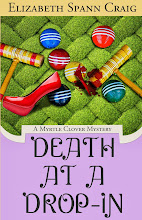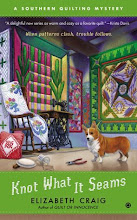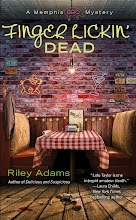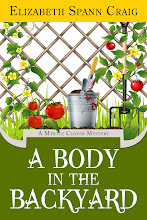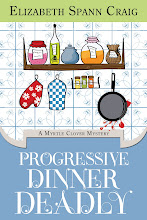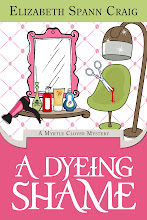 You don’t have to spend a lot of money to become a better writer. That’s a good thing because most writers don’t have a ton of money to throw around.
You don’t have to spend a lot of money to become a better writer. That’s a good thing because most writers don’t have a ton of money to throw around.
The library has all the resources a writer needs. It’s always been one of my favorite places on Earth. Here are the reasons why libraries are writers’ best friends:
Research
*Researching your book: Libraries have computers with internet capabilities. They have books and periodicals on a multitude of different subjects. They also have research librarians/information specialists who can help you with research and find reference materials to help you in your search.
*Researching your genre: You can easily check out a dozen recently-published books in your genre. It’s a quick way to see what publishers are looking for.
*Need help with grammar and writing style? The library will have reference books to help you. My favorite style book is Elements of Style by Strunk and White. It’s been around for ages.
*Books on the writing craft? Different libraries have different books, but there are some that will be in nearly every branch: like On Writing by Stephen King, Bird by Bird by Anne Lamott, and On Writing Well by William Zinsser.
*Some libraries will have subscriptions to helpful periodicals like Writer’s Digest.
A Place to Write
*Has your house gotten crazy? Kids/spouse driving you nuts? Is a coffeehouse too expensive? The public library is a great place to write.
Help With the Submission Process
*Looking for an agent? Look at the acknowledgements page in one of the recent releases in your genre. Agents are nearly always thanked.
*Another great way to find agent and editor names is by using Writer's Market and Literary Market Place. Using these books at the library means saving lots of money—these books are expensive.
*Need help quickly summing up your book in a query letter? Look at back cover copy of novels in your genre.
*Don’t have email and you need to email some queries? You can set up a Gmail or Hotmail account that can be accessed from a computer at your local library.
Promotion
*Libraries are major book purchasers. Find out which libraries have your book. Go to WorldCat.org, which searches libraries for content worldwide. You just plug in your book’s name, hit the search button, and find the results. For a listing of public libraries, go to Public Libraries.com. You’ll get physical addresses, phone numbers, and websites (from which you can get the library’s email address).Send the acquisitions librarian an email or postcard with your cover photo, ISBN number, title of the book, publisher’s name, your name, release date, short summary, and any good review snippets.
*The librarians at my local branch are my friends, too. They’ve been incredibly supportive—my book is nearly always checked out of the library or on request because of their generous recommendations of my book to patrons. They’ve also put my book on a display with other regional authors.
*If you’re looking for a place to give a writing workshop or talk, your library usually has a meeting room that’s perfect for your event. Many of them will allow you to sell your book as well (it’s nice to give a donation to their Friends of the Library program if your signing is for-profit.)
*Libraries also provide locations for writing groups and book clubs to gather. For some writers, meeting with other writers and readers is a great way to network and find support and encouragement.
There are many expensive paths a writer can take toward professional development. But it doesn’t have to be that way. Writing shouldn’t have to cost more than the pen and paper you’re writing on.
Happy New Year, everyone! I hope 2010 is a happy and successful year for all of you! And…if you’re throwing a party tonight, I have a party idea for you on the Mystery Lovers’ Kitchen.


































